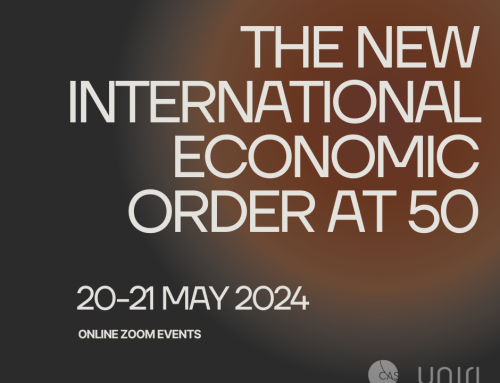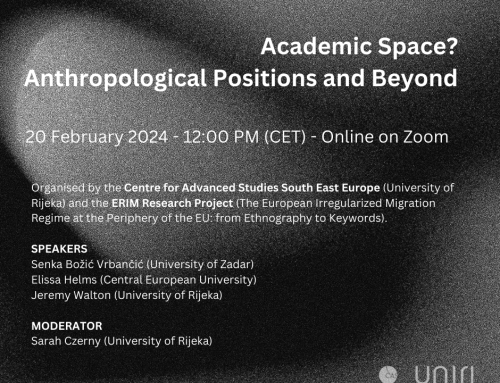The Pure Normativity of Realism
“In this paper, I investigate the question of whether realism can provide a substantive normative standard to evaluate institutions. While classical realists focus on the individual dimension of political actors and their freedoms and responsibilities, many contemporary realists adopt broadly liberal values for political institutions. Drawing from discussions about the realistic conception of politics, I defend a functional understanding of politics as selection and implementation of collective decisions within a social group. A functional normative standard can then be derived: political institutions are ‘good’ when they adequately perform this function, independently of their moral qualities, in the same way a ‘good soldier’ is someone who is good at fighting (its function), independently of whether he is a good man. This normative standard is independent from morality and internal to politics. If being a good man requires abstaining from violence, one cannot be a good man (in the moral sense) and a good soldier (in the functional sense), similarly to how Machiavelli claimed that a good Christian cannot be a good politician. Realists not only claim this independence of politics, but often also its priority. The political function is vital, because it is required to preserve the survival of the social group and its individuals. This is the ‘pure’ normative dimension of political realism, which takes priority – but not exclusivity – over other moral considerations, and is thus ‘the first virtue of political institutions’ because those which do not express it cannot sustain themselves through time.”
Carlo Burelli is a current CAS Fellow at the University of Rijeka, where he works on a realistic theory of order, as the first virtue of political institutions. Previously, he had a two year Post-Doc Fellowship in the ERC Project REScEU where he investigated political conflicts and realistic forms of solidarity. He received his PhD in 2015 from Università Statale di Milano defending the thesis: “The Normative Power of Necessity: Making Sense of Political Realism”. In 2014, he was a visiting PhD at the University of Cambridge under Raymond Geuss. He has written articles on Political Realism (Towards a Realistic Conception of Politics, 2017), Solidarity (Realistic Solidarity for the Real EU, 2016) and the philosophy of Thomas Hobbes (Lex Facit Veritatem, 2015; Subjectivity is Objective, 2017). He is also the author of a short monograph on game theoretic interpretations of Hobbes’s “state of nature” (E fu lo Stato, 2010).







